Happy belated Valentine's Day. We spent ours driving and sleeping, the former to return to Buenos Aires from our mini-vacation to the NW, the latter to recover from the last night of the mini-vacation during which we stayed up late drinking beer and having a deep, philosophical discussion with a couple Canadians and a dude from Kentucky. Now it's Friday the 16th, and I've just come from my first official Spanish class. A new school has opened up in Rivas, modeled after successful operations in other cities. One has the option of doing the complete program, with a homestay, four hours/day of instruction, afternoon and evening activities and side trips, and many meals, for the bargain price of $195/week all included. Since I can more or less manage most of that on my own, I just went for some private tutoring, three hours a day, for four sessions. So far, so good. They are currently working on a website, but if anyone is interested in combining a visit to us with a language/cultural experience, you can email them at info_nicaraoschool@yahoo.com .
Back to our trip. Pat & Edwin had gotten the roof on the house, so as a reward, we decided to check out another corner of the country and headed up to Leon. It's one of the oldest cities in Central America, and boasts one of the largest cathedrals in all of Latin America. This apparently the result of the blueprints getting accidentally swapped with the set destined for Lima, and rumor has it, the Peruvians are still bitter. We "rented" Sam's truck for the trip and headed up Monday morning. It took about three hours from Rivas, skirting Managua to the west. We'd been told by pretty much every foreigner we know to expect to get pulled over somewhere in the big city, for offenses real or imagined. Sure enough, as we were looking for the road to Leon a cop waved us over. (The vast majority of cops are on foot, stationed at strategic points throughout towns and cities where cars are moving slowly. With fearsome frequency, they catch your eye and gesture to the side of the road.) We did as he asked, and he came up to the car. He asked for Pat's license and registration, which we handed over. He began to explain how he would keep the license until we'd gone to some bank and paid a fine of 500 cordobas (about $28) at which point the bank would notify the police station and they would mail back the license. This is how it's officially done. But we'd been coached in the alternate route, and I began explaining how Pat needed his license for ID, and couldn't we take care of it all here and now. He said no, and then asked where we were going. "Leon, via Nagrote," I said. "Nagarote! Ok, when you get there, you have to find this little quesilla restaurant—they make the best, and they also sell ceramics." (Quesillas consist of a corn tortilla wrapped around a slice of mozzarella-like cheese, folded into a cone shape, and filled with diced onions and sour cream. They're actually pretty tasty.) "Um, ok, sure, we'll do that…" He then began writing out the ticket, explaining again about the bank, etc, so I began again about needing to keep the license and dug out my wallet. He glanced at it, looked around quickly, and then handed Pat a Nicaraguan driver's manual. "What am I supposed to do with this? I can't read Span…ohhh…you think we're supposed to put the money in it?" "I think so. Oh damn, I only have 500 cord notes, and everyone told us 100 usually does it." "Well I doubt he'll give us change, so, it's that or lose the license and pay the same amount." So we tucked the note between the pages, handed back the book, and watched as his eyes widened when he saw the denomination. (Edwin told us later that the average cop makes about 100 cords a day. We'd just handed him a week's salary.) He then reiterated his restaurant recommendation, told us a shorter way to get onto the highway, and waved us on our way. After that, we made sure to always have a 100 cord note handy, but didn't get stopped again.
It was a good trip, and although I filled pages about it, I won't bore the lot of you with all the details. Suffice to say that Leon is the badly treated, rarely fed, seldom cleaned bastard child of most European cities. There are dozens of cathedrals and churches, and hundreds of beggars, (Rivas has two churches and very few beggars, which makes me ponder the connection…) some lovely parks, oodles of foreigners, and at least one decent hardware store which had Pat salivating and stroking chainsaws and circular saws with a disturbingly lascivious look. We wandered semi-aimlessly for a few hours, repeatedly commenting on how it was so much hotter up there (at least 5-10 degrees), and how much dirtier. In the process of locating a local lawyer's office to pick up some papers for Sam, we ran into a guy from New York. He seemed interesting, and invited us back to his house that evening. Turns out he'd lived in Leon for twelve years, built a theater/ public arts space (he gave us a tour-it's very impressive), and was now building a small hotel. In his spare time he goes into the poorest barrios and builds $2000 houses for the homeless. We talked for hours, and will keep in touch.
The next day we headed for the coast. The NW Pacific has some lovely beaches and is starting to attract a fair bit of investment interest (though nothing like SJDS. Yet.) We stopped at the first, Poneloya, for a typical Nica breakfast of gallo pinto (beans & rice), scrambled eggs, sautéed plantains, and coffee, then headed on to the other beach, Las Peñitas. It was a rough road, but we bounced to the end, passing all sorts of beach houses. Beautiful mansions stood beside crumbling shacks, with a good number of guesthouses in between. The place was crawling with backpackers. At first we thought we'd just drive through, then head back towards Leon, and perhaps up to the industrial city of Chinandega, or maybe the port of Corinto, but then Pat spotted a couple of fishing boats pulling in and stopped to see what they'd caught. Fresh mackerel, snapper, a few small lobsters, and some flat silver things whose name I can't recall. He turned to me and said, "I don't really feel like spending the day driving. How about staying here and just relaxing?" "Sounds good to me." We went to the closest guesthouse, but it was full. So we stopped in at the next place down, and a sprightly woman of indeterminable ethnic origin replied that they did have a room. By now we'd established that English was also her first language, being of (East) Indian and African parentage, raised in Kenya, educated in England, and over 30 years in Toronto. Her real name was Shamin but she told us her husband, Gordon, A Scots-Canadian, called her Pita for Pain In The Ass, and so all the locals followed suit and the name stuck. She mentioned they'd only been open about six weeks, and were still working out some kinks. Pat immediately offered his services, and she just as quickly asked if he could replace some door locks and figure out why the pool, barely in use, was so filthy. Ecstatic to have something useful to do, he set to work on the pool problem until Gordon came back from Leon with the new locks. Where Pita is short and curvy with a devilish pixie-like quality, Gordon is tall, slender, bald, bearded, and bespectacled, with a dry wit and ready wink. They're both in their mid-50's I think, and had been together for 26 years. Their first anniversary in Nicaragua was approaching, and so far, they were very happy with their decision to relocate from Toronto.
By late afternoon, Pat and Gordon had done as much as they could with the locks and the pool, and Pita & I had chatted and played backgammon. Pat & I decided to take a walk back down the road, for a closer look at some of the houses, and also along the beach to enjoy the sunset. We met an older Nica woman called Dora who was supervising the construction of her new beach house. She has eight grown children, all living in the US, and all of whom like to come home to Nicaragua to party during Semana Santa, the week before Easter when this country goes crazy. We promised to come back in a couple months to see how the place was turning out. Further along, we spotted a foreigner in his yard and met Stevan and Lisa, a couple from BC who had just completed construction on a lovely little place. They plan to spend a couple months a year on the beach for now, and maybe in the future, to split the year more evenly. (We felt an immediate connection to them, due, I suspect, to their innate Homerite-ness.)
Back at the guesthouse, Pita cooked up a wicked Indian curry, and we started talking to another foreigner who'd been in to use their internet. Ray began his life in Canada, but has spent nearly all of it in the US, first Texas, and the last 30 years in Kentucky. He's a contractor, but was taking four months off to drive from Kentucky to Panama and back. In an old Dodge Caravan. By himself. Since Pat and I had been toying with the idea of making that drive (well, minus the Kentucky bit), we wanted to hear his stories. We no longer are thinking about making this drive. He turned out to be a very cool guy, an NPR-listening, off-the-map traveling, helping the locals type, and we had a lot to talk about. (This is where all the beer came in.) And the next morning we headed back home.
Work on the house came to a screeching halt the other morning when Pat realized that by relying solely on Edwin's ancient Black & Decker drill (we're talking late '70's here), it would take approximately forever to screw down the roof. And that's assuming the poor thing didn't burn itself out first. So an hour after he left for work Pat & Edwin were back here to fetch me and head into Rivas on an impact driver quest. They would've had a better chance of finding the Holy Grail. We went to every tool store and kiosk in town, roughly half a dozen, and although everyone had something, no one had the prize: a Makita, or at least a Hitachi. And forget anything cordless with the torque required. When we did find one semi-acceptable cordless version, it only came with one battery and was priced on par with a night at the Plaza Hotel. No thanks. Finally, in desperation, he settled on a Mexican model with cord. For $75, it actually did the job as advertised, and by 4pm, we had a nearly completed roof.
Now the thing about our roof is, it's strong enough to support a helipad but is currently covered with sheets of corrugated tin barely thicker than Reynold's Wrap. Why? Because when we were discussing roof ideas with Edwin, Pat mentioned the whole living roof concept and gave a detailed description of how it worked. Edwin figured, correctly, that this sort of roof was extremely heavy, and decided to build us a structure that could support a couple tons of earth and perhaps a pelibuey or two (remember last blog's picture of the sheep-like critter?) to keep the grass short. Now all we need to do is find some turf and we'll be in business.
I mentioned Julio, our caretaker and recently, a laborer on the house. Except the thing with Julio is, given the choice between working and drinking, the bottle always wins. So after three days and a morning actually being useful (and getting paid), he disappeared for a night (really annoying his teenagers) and staggered home midday reeking of cheap alcohol and telling Edwin all about his new sweetie. (His wife left him last year for some sober guy on Omotepe.) Fortunately for us, Chepe came by and agreed to fill in till the roof was done. he's as good a worker as he is net thrower, so things got done quickly. Other ex-pats we've talked to like to go on about how lazy the locals are, and how they hate to work, preferring to lie about in hammocks all day, sipping guaron (basically, grain alcohol made from sugarcane) and thinking about how they can steal from gringos. This train of thought, obviously, is more than a little offensive, and we have tended to ignore it. And when I watch Edwin & Reyna (she runs the bar & restaurant, has a hair & make up business, and takes care of the two kids, Edwin's father, and all the other everyday stuff), lazy is the last word that comes to mind. And then there's Julio….
They have these ducks here called piches, a sort of small duck that whistles rather than quacks and is apparently very tasty. We heard that the other day a salesman stopped by the house of the Canadian (Howard) who's raising Tigressa. He had a bag of these piches, very much alive and whistling away. Tigressa leapt down from her surfboard retreat and attached herself to the bag of ducks, growling ferociously at the terrified fowl through the burlap. The salesman freaked out and started screaming. Howard grabbed the cat and started pulling one way while the salesman pulled on the bag, but Tigressa wasn't about to give up so easily. After several minutes of a very noisy tug-of-war, Howard was finally able to disengage his wee wildcat from the trembling sack, and apologized to the salesman who simply fled. And now Howard's talking about getting a male so he can breed the damn things…
Last Sunday at around 7am we heard a lot of activity outside and got up to see what was happening. In the street stood a team of large oxen, hitched to a rickety cart onto which the meager belongings of the large family in the shack across the way were being loaded. In less than 45 minutes everything they owned was piled on and tied down and away they rolled. Not an hour later another cart pulled up, this one behind a mere horse, and a woman and two children began carrying their possessions into the house. I had been told it was almost impossible to find a rental house in Buenos Aires; if the transitions are always this rapid, it must be true. I later asked Reinaldo where the original family had gone to, a bit concerned they'd been evicted, but he said they'd just moved to a slightly larger house a couple blocks over.
Now it's Friday, and although we spent most of the week away, we feel ready for the weekend. Some grilled chicken tonight, and maybe a visit to the local disco on Saturday for some Cumbia and Merengue. Sunday looks like a bike ride across the city to visit an American-Nica couple, the female half of which makes a mean ceviche.
Subscribe to:
Post Comments (Atom)


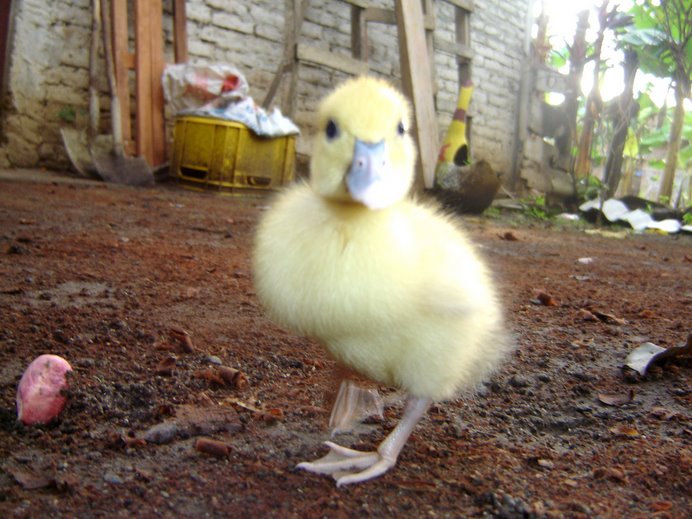
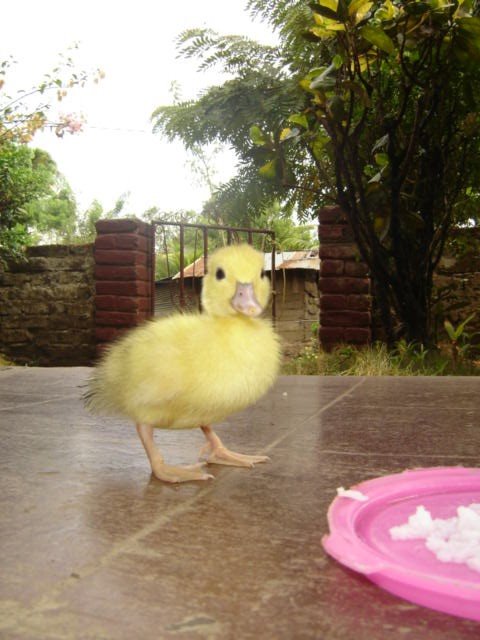
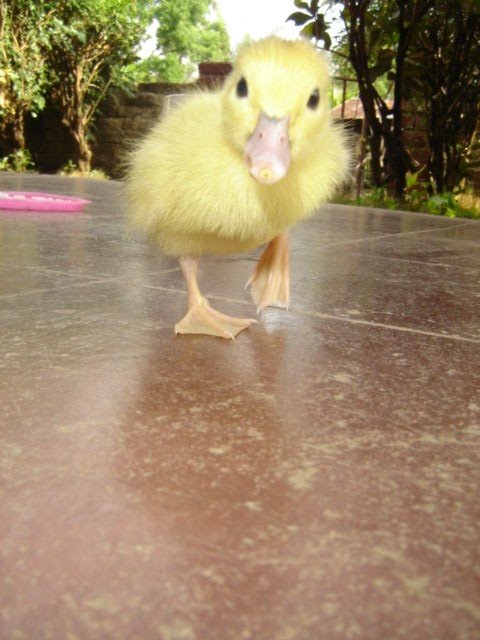
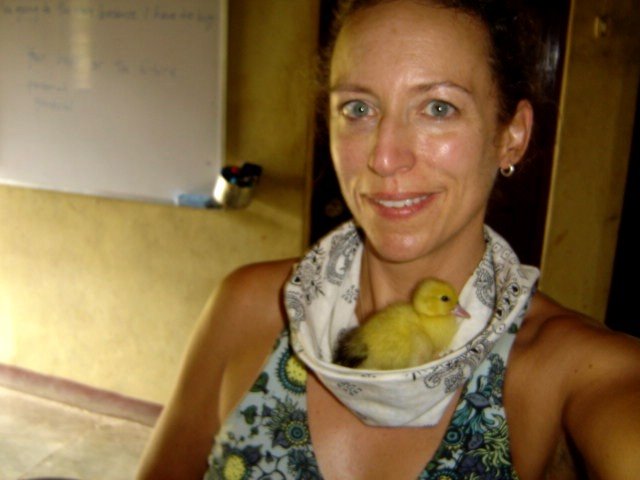

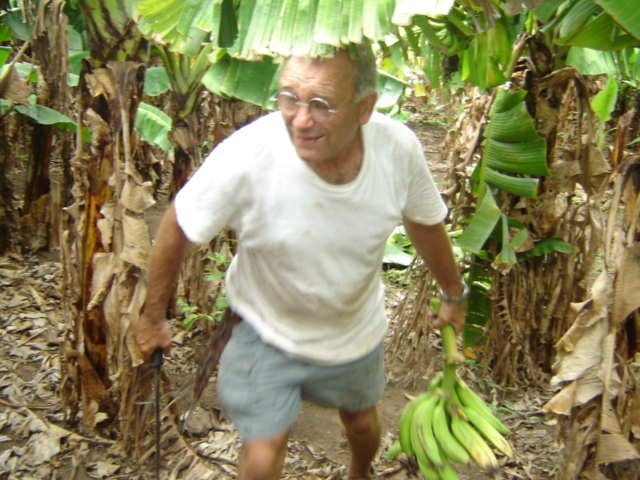
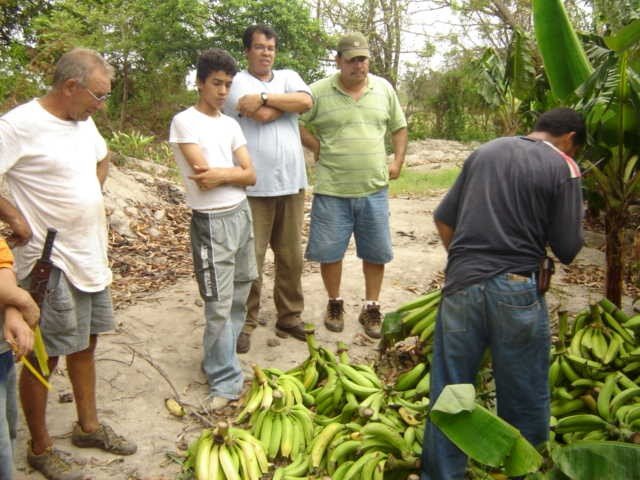
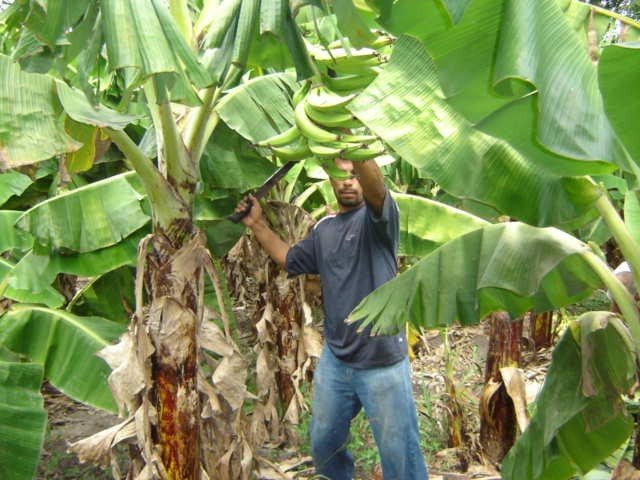


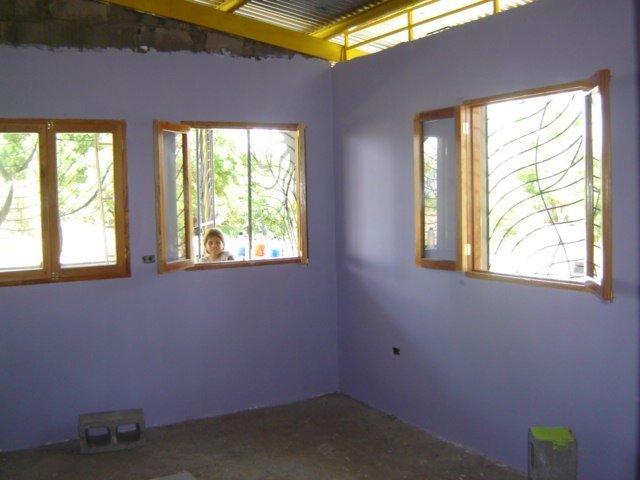
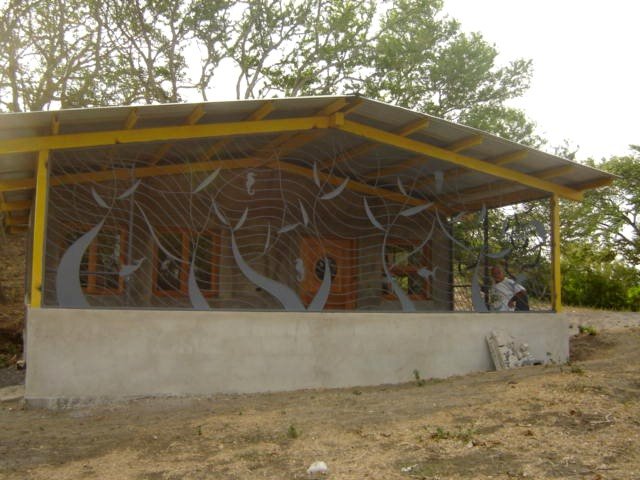
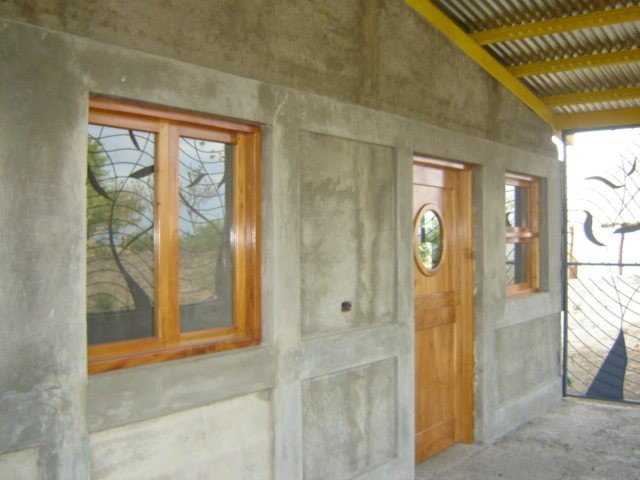
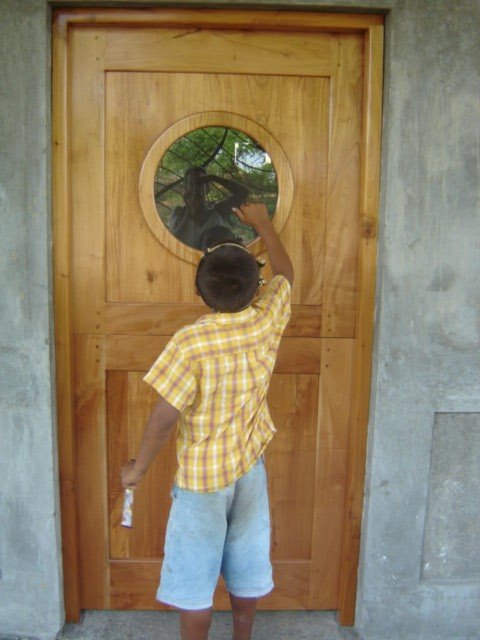
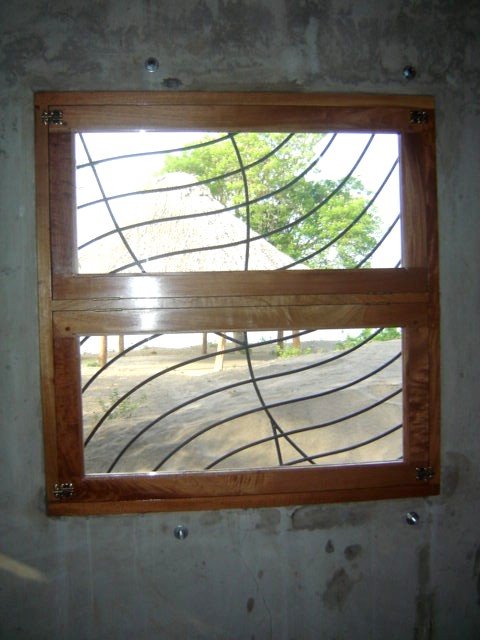
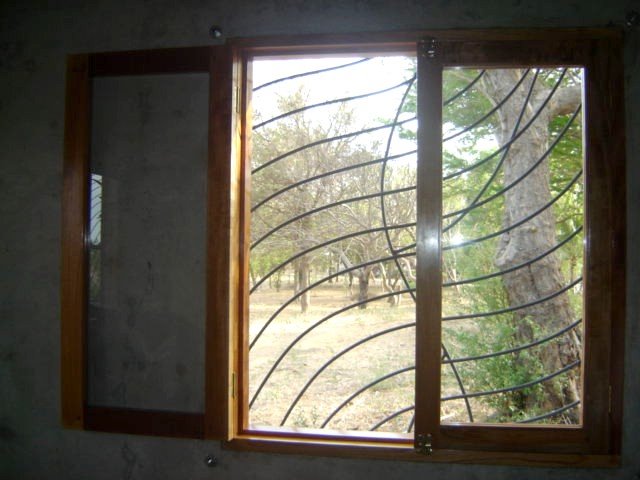
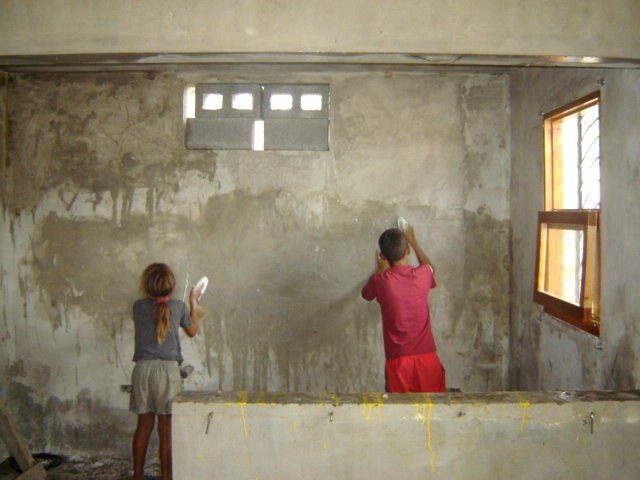

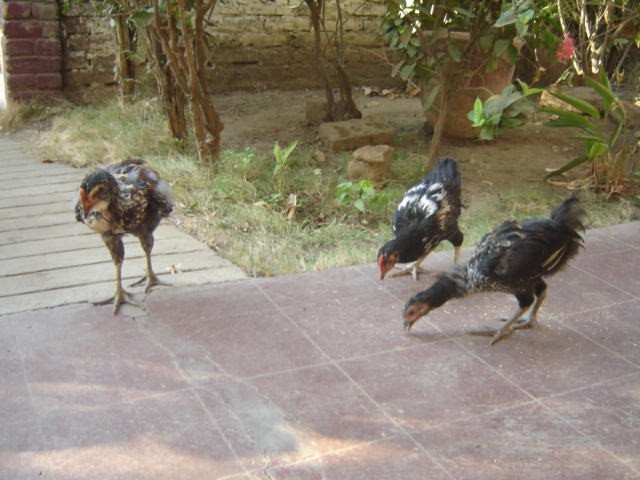
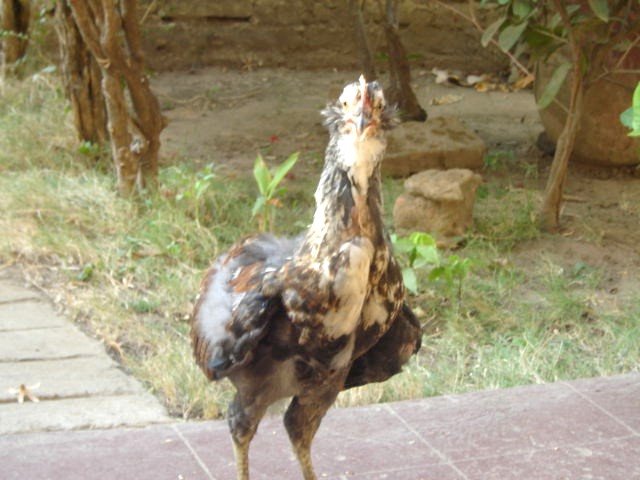
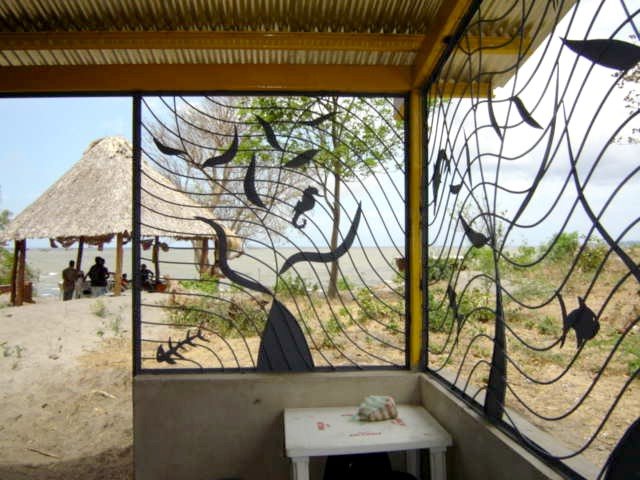
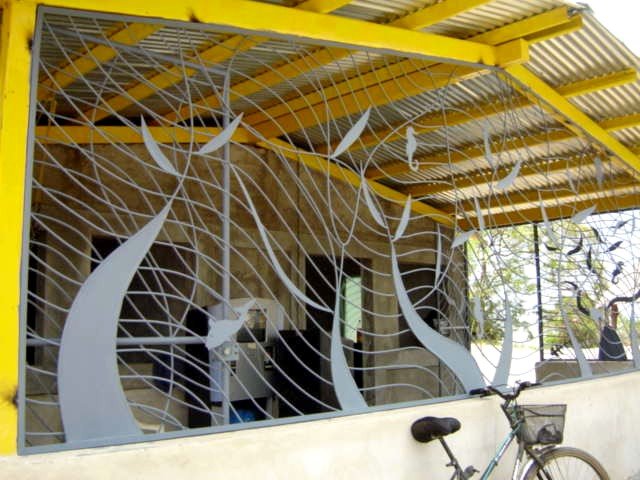
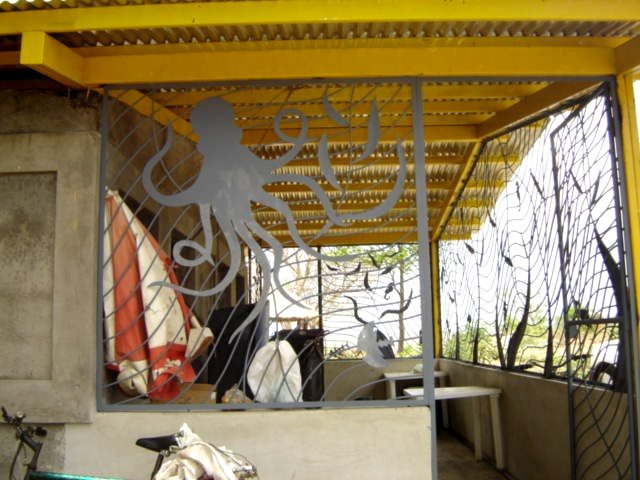

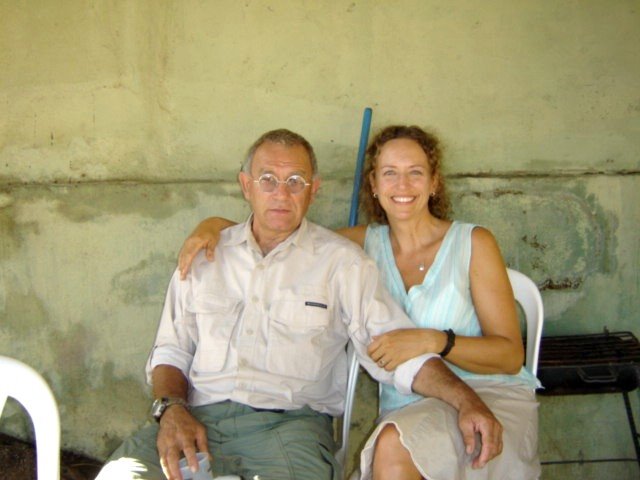
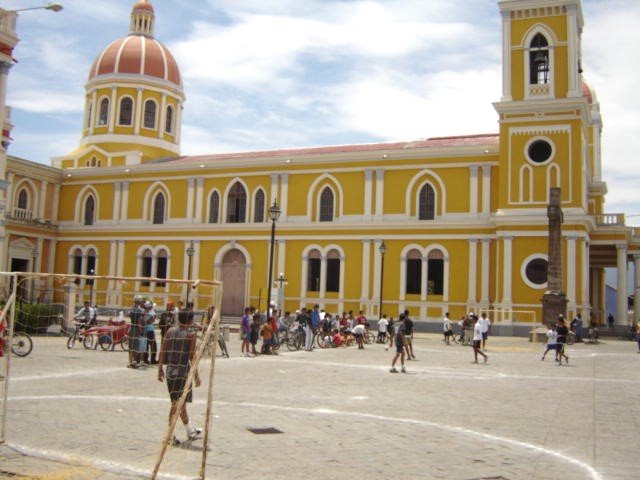
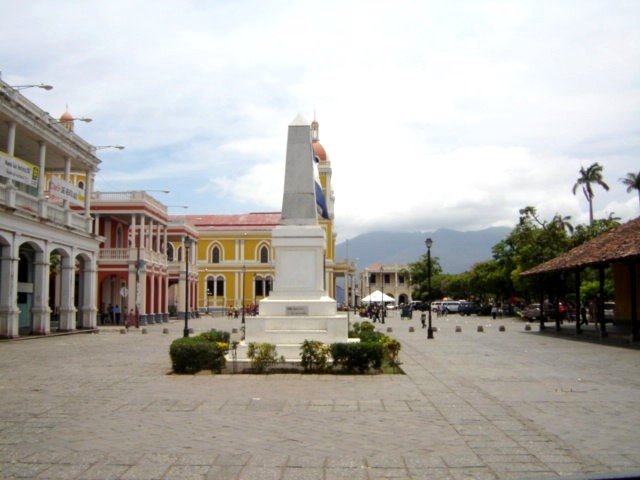

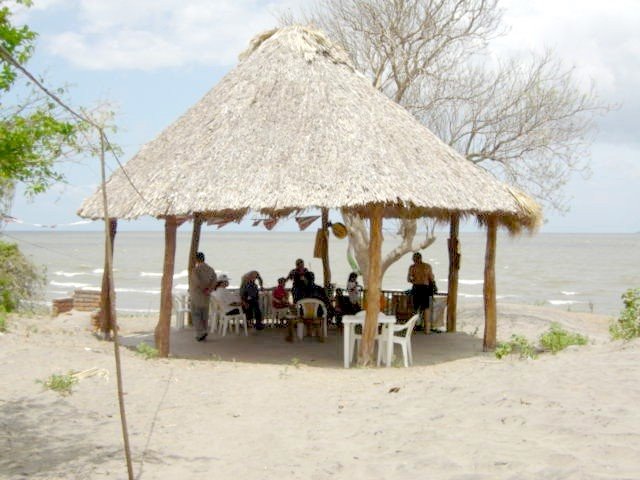
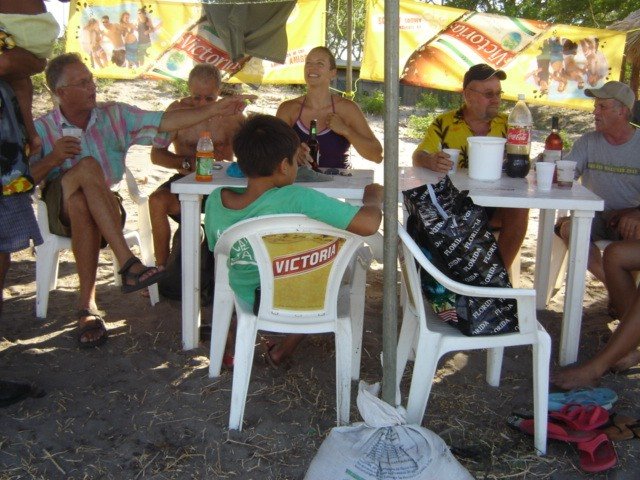
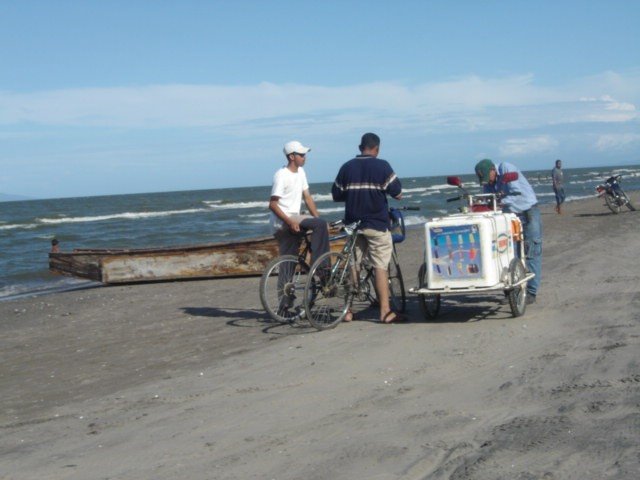
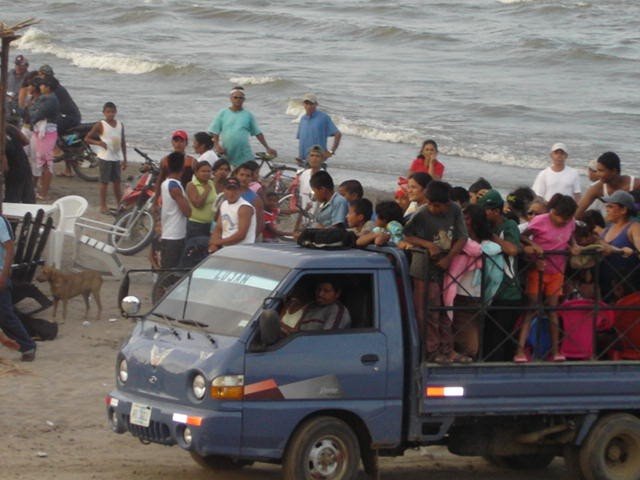

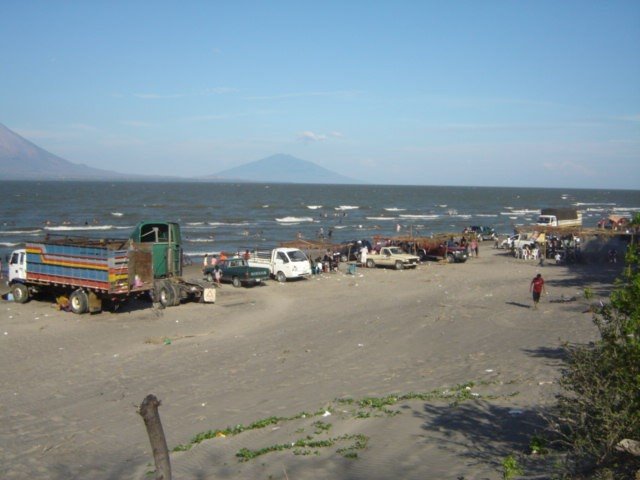
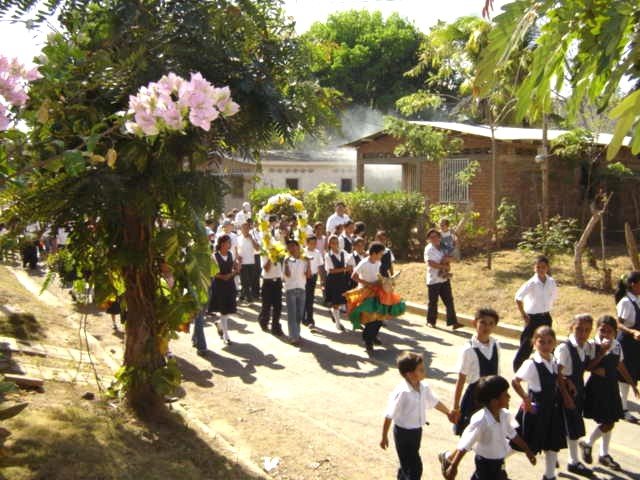
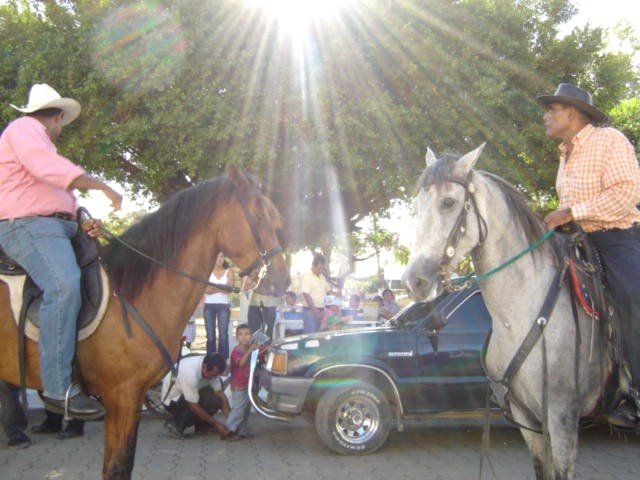



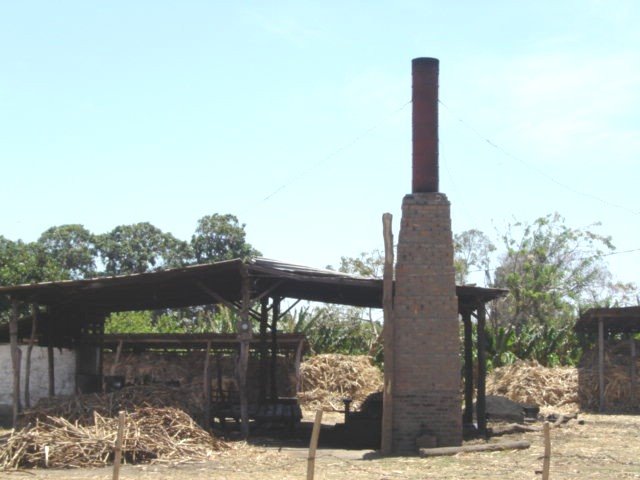
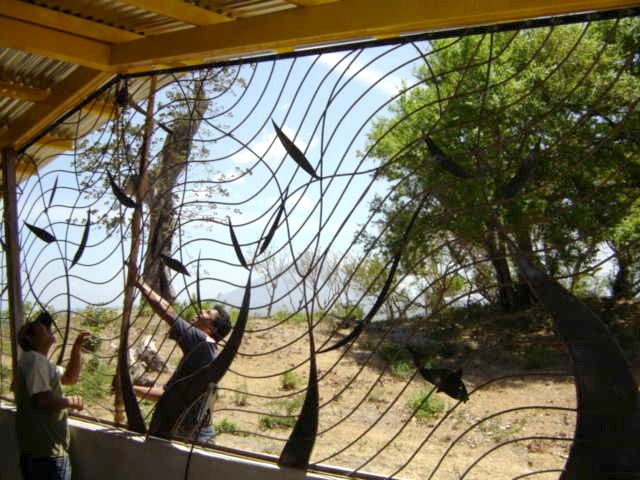
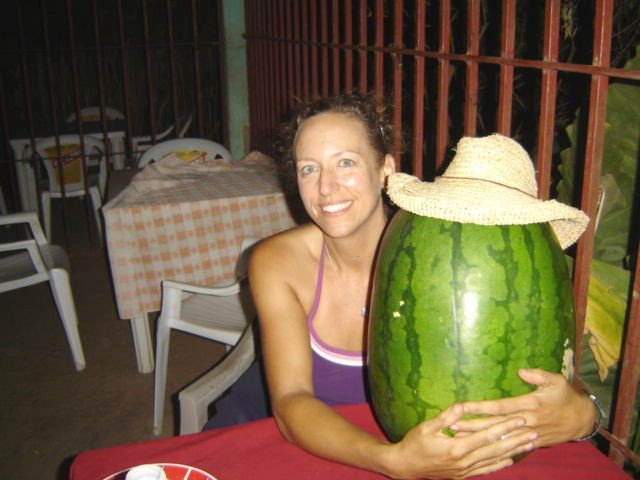
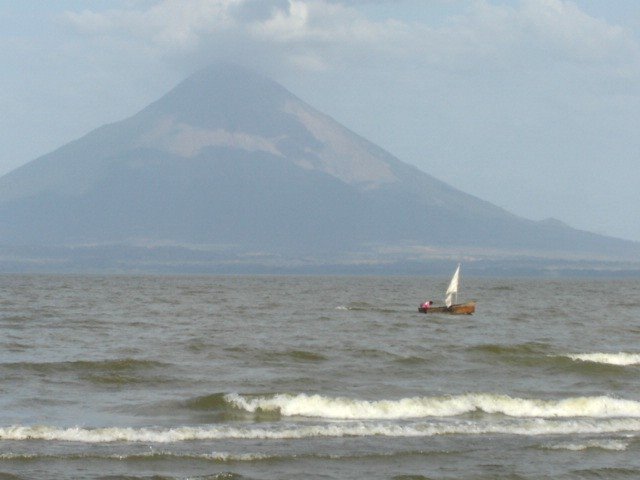
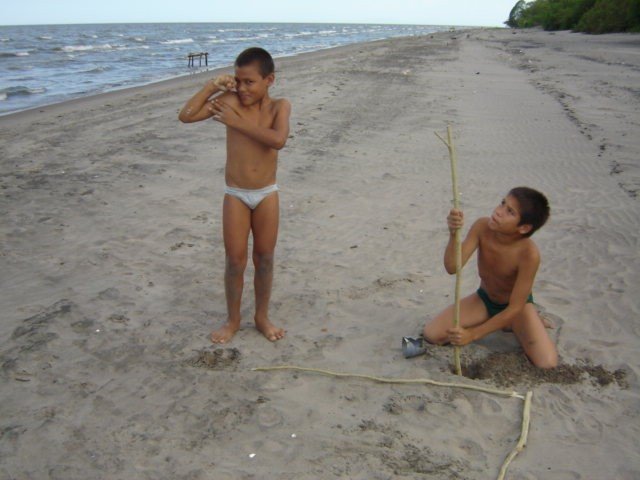
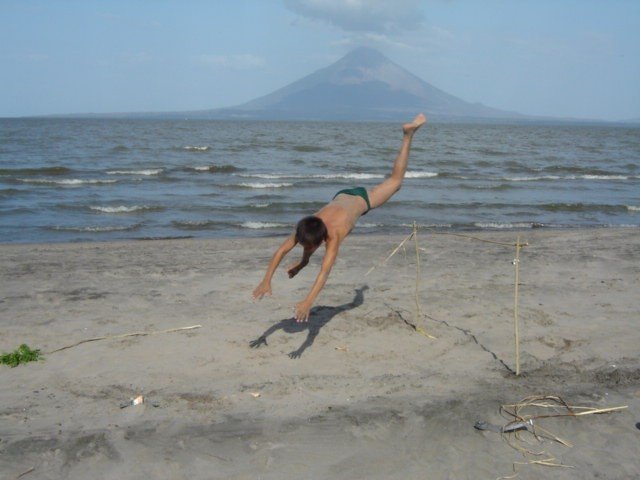

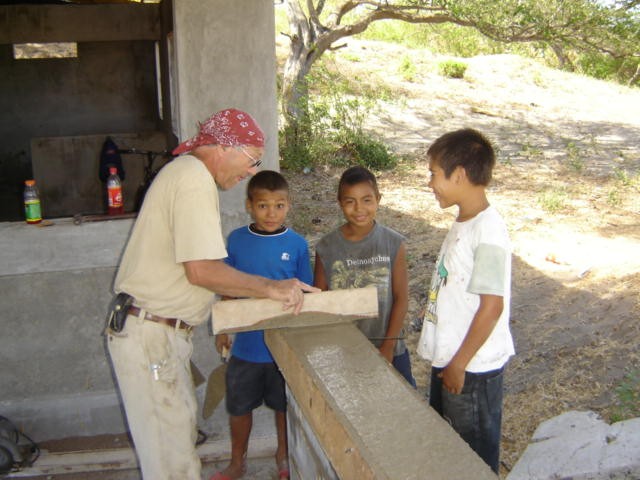
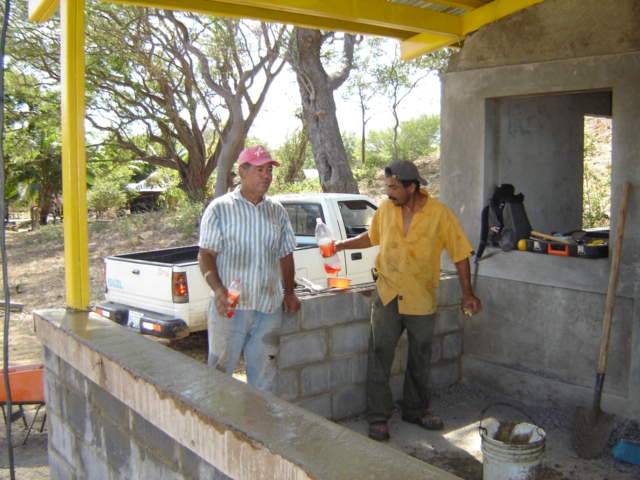
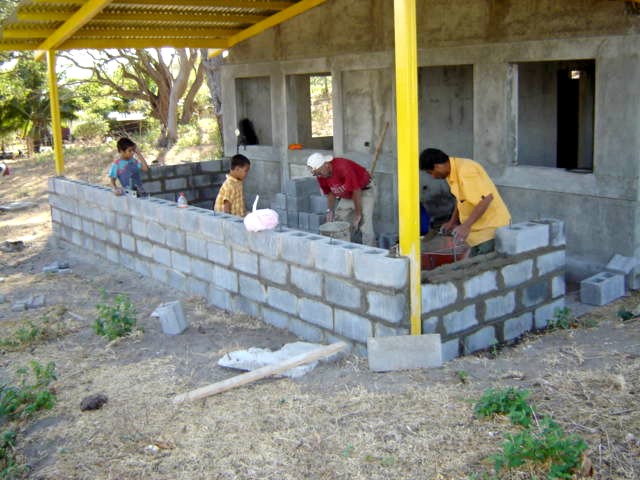

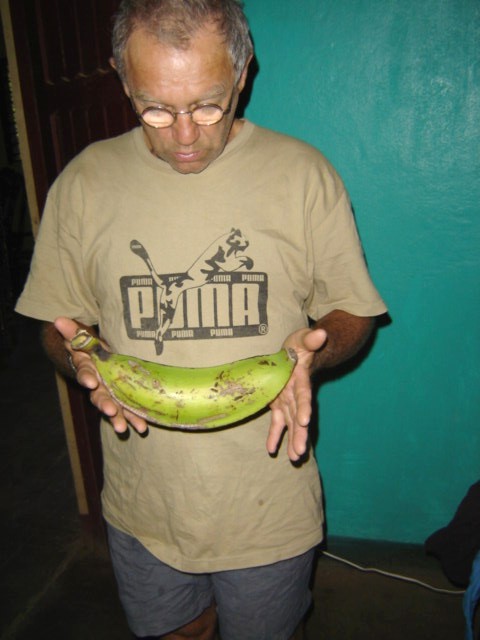

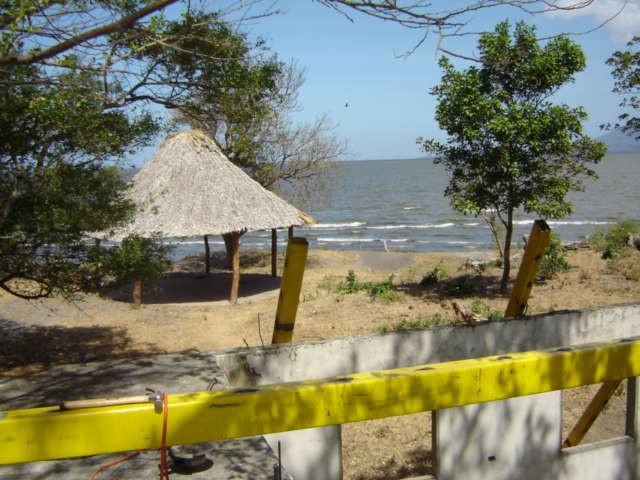
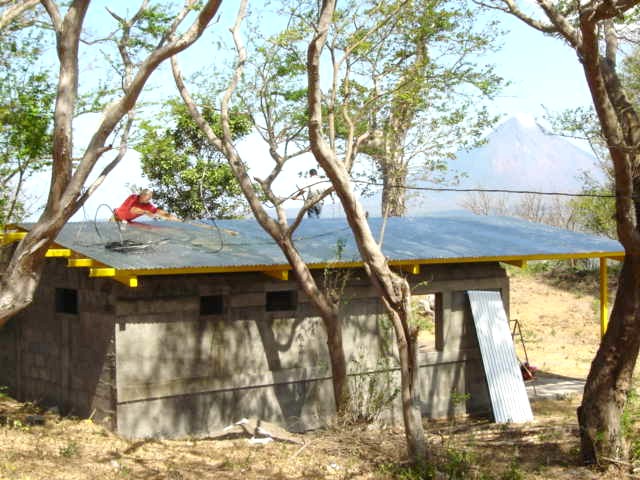
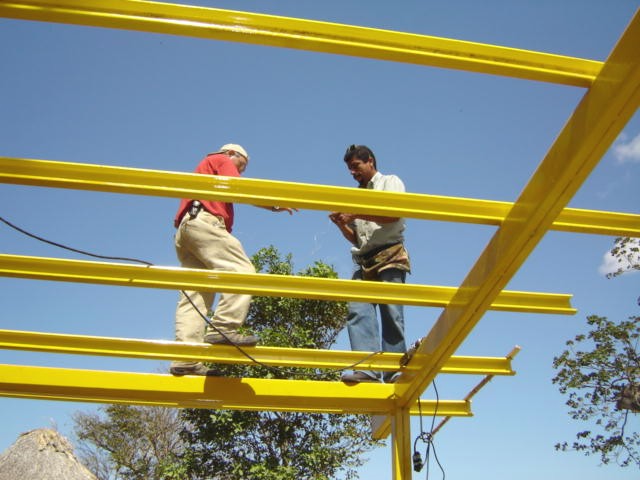





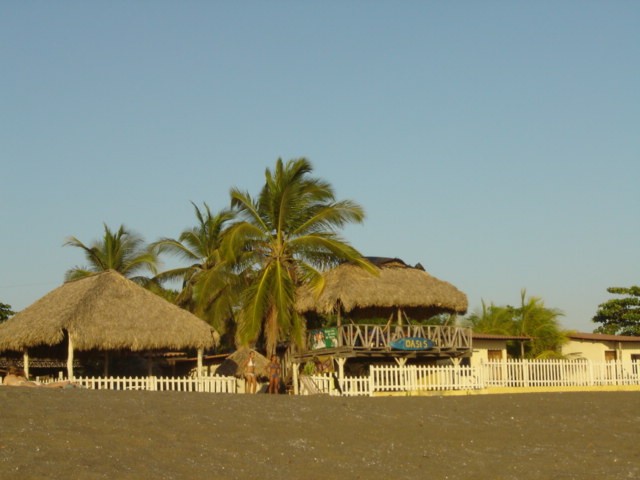
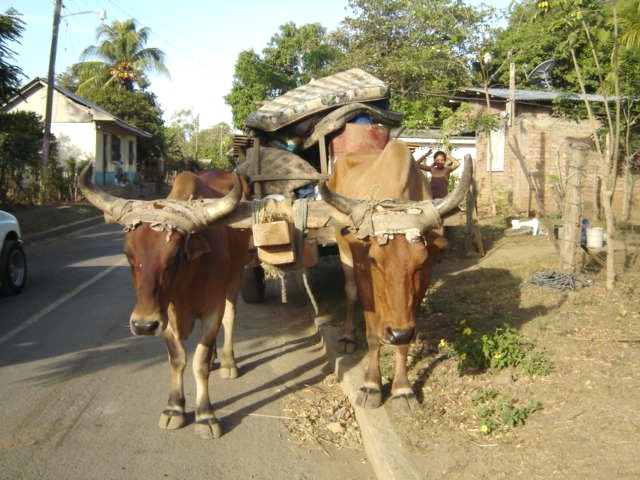

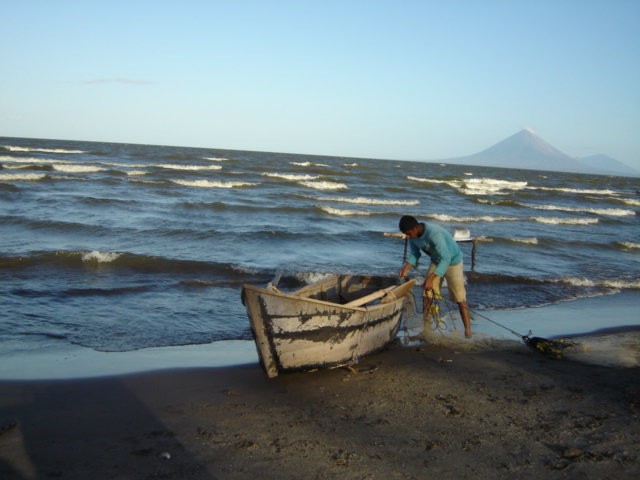
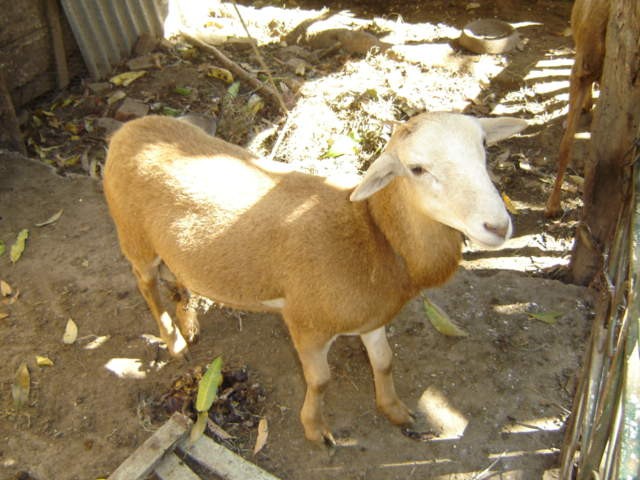

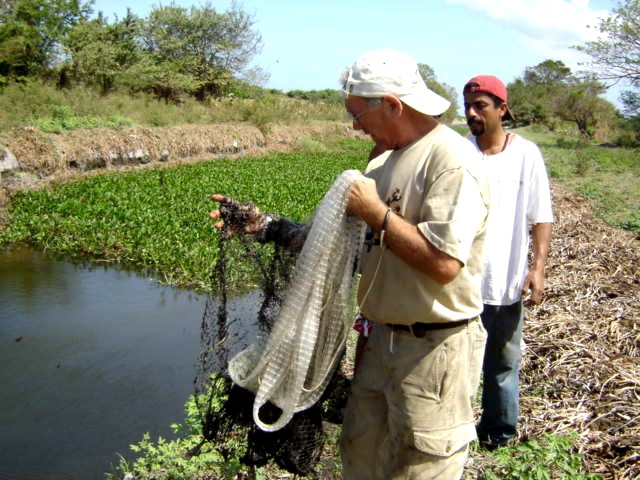

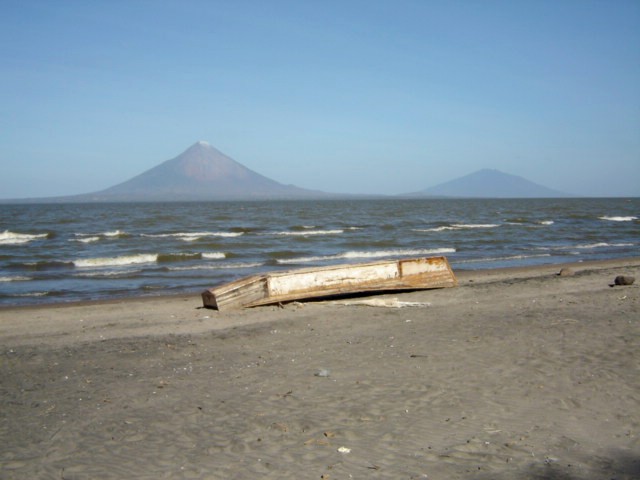
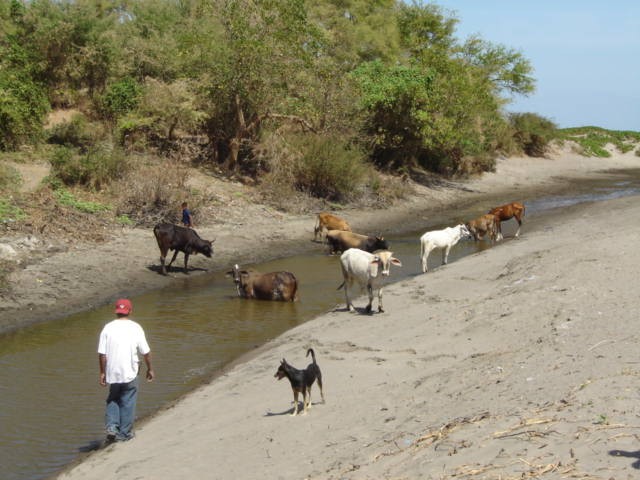
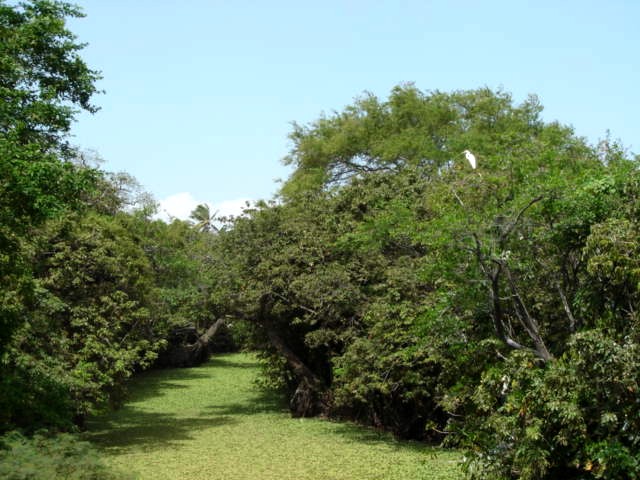
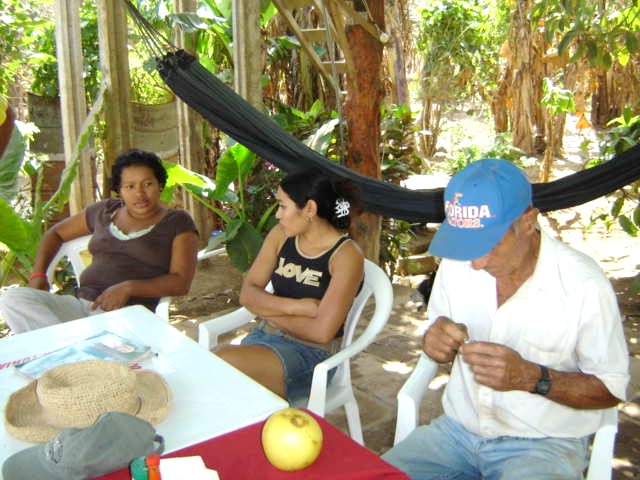
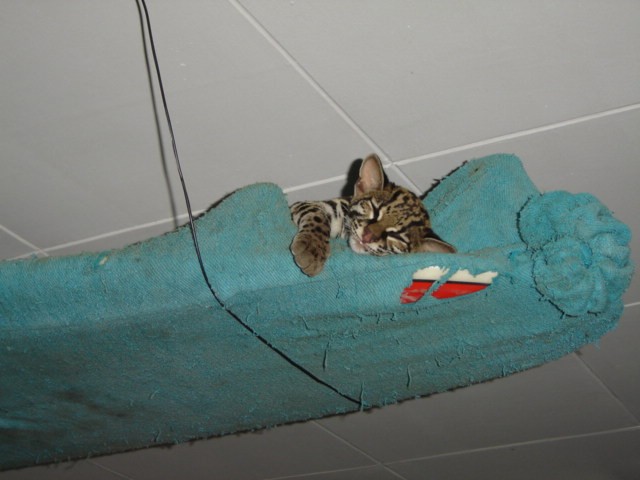
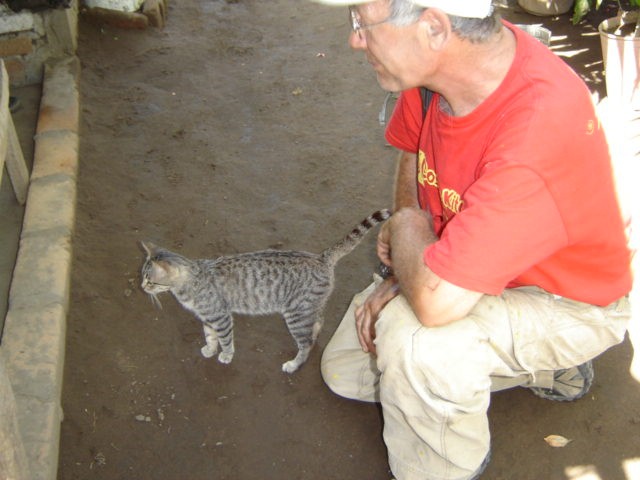


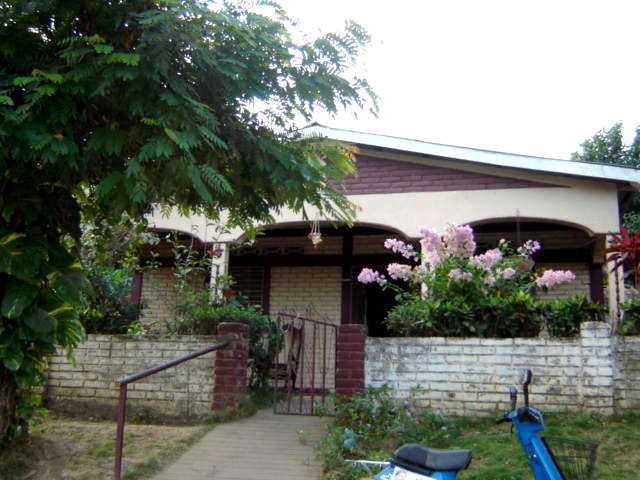
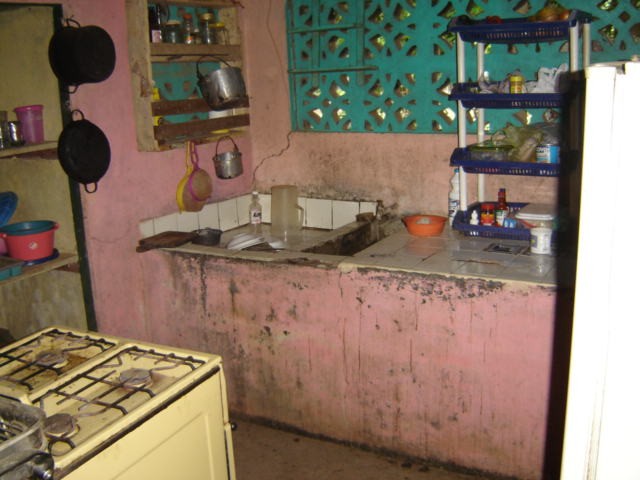
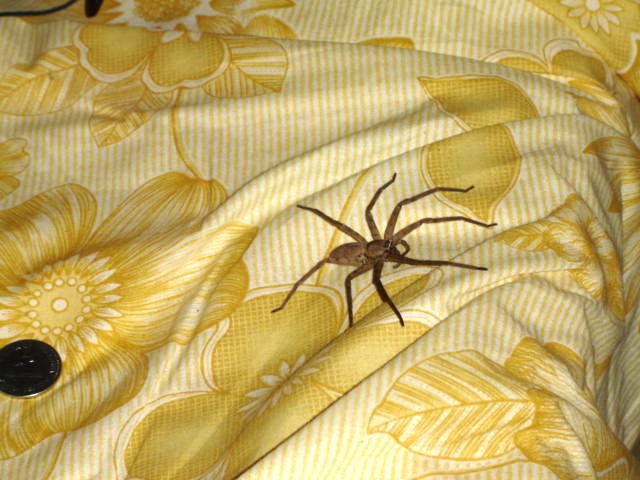


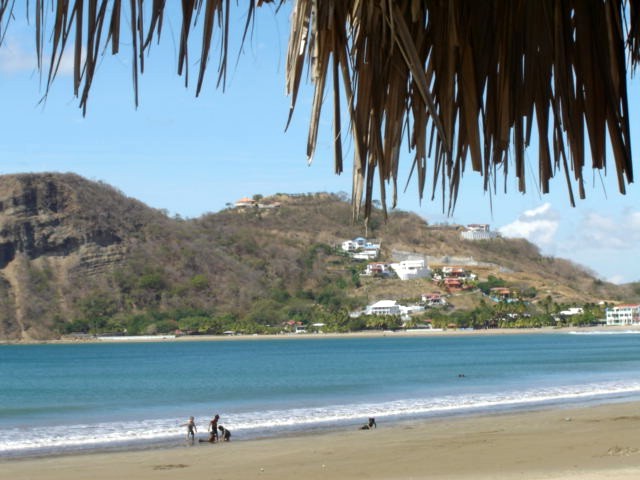
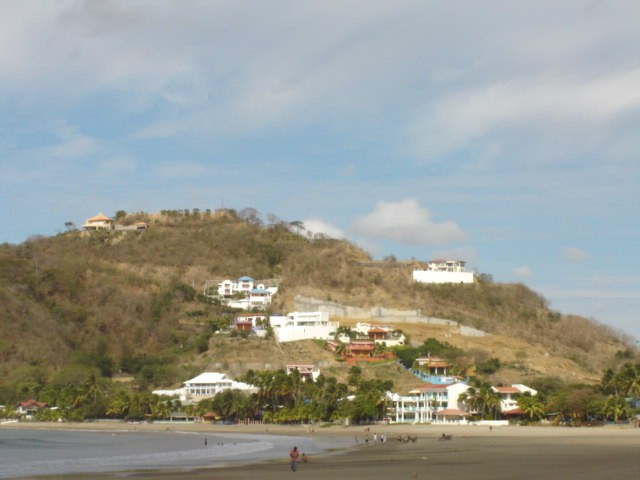
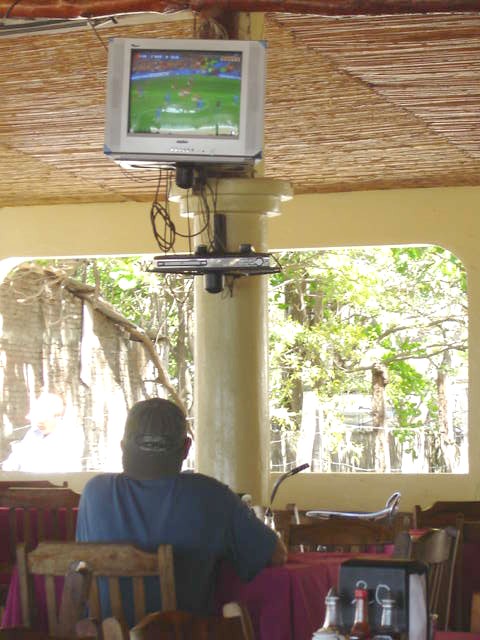
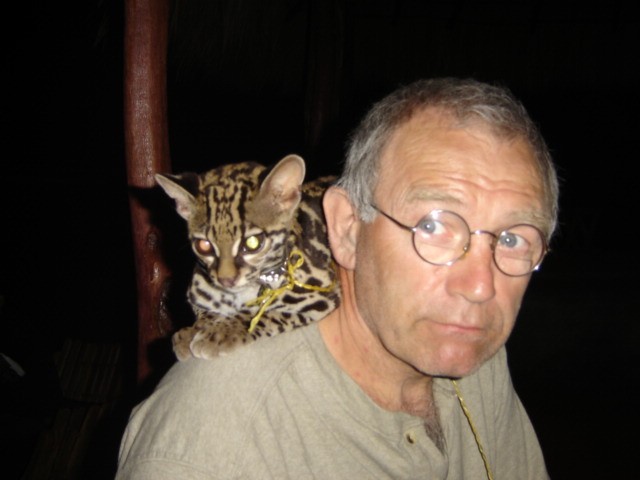
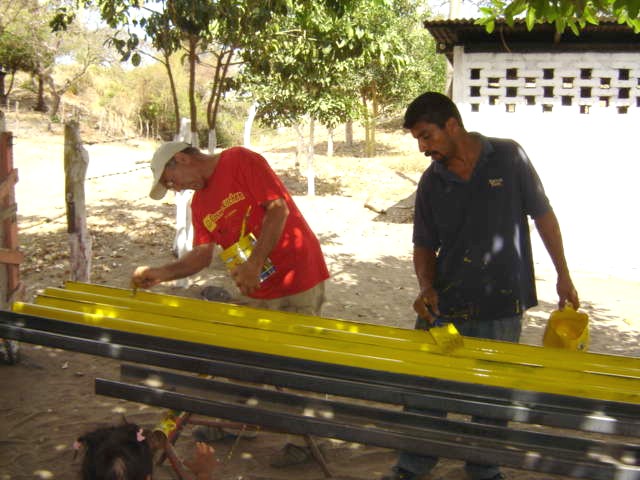
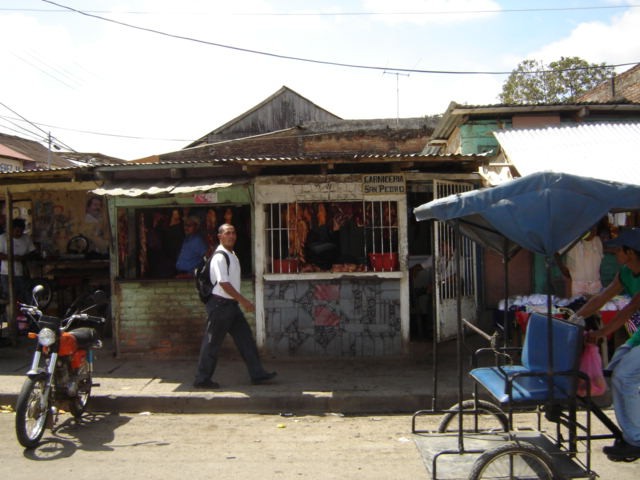



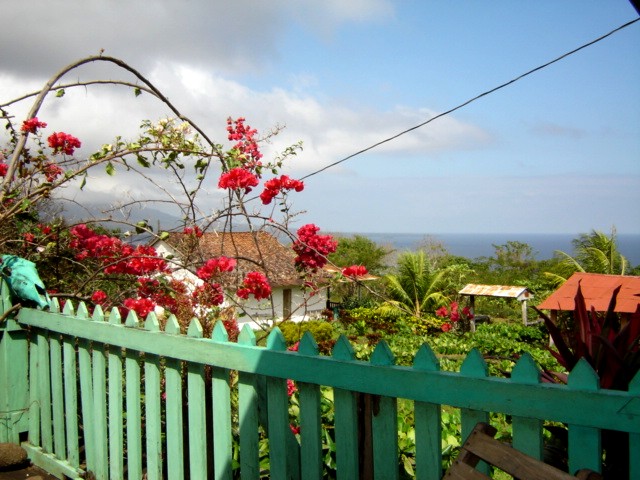
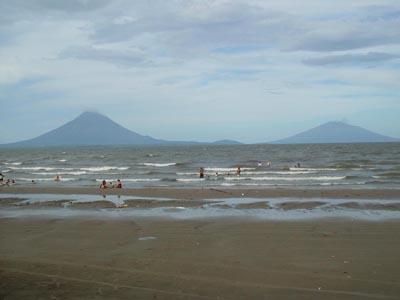

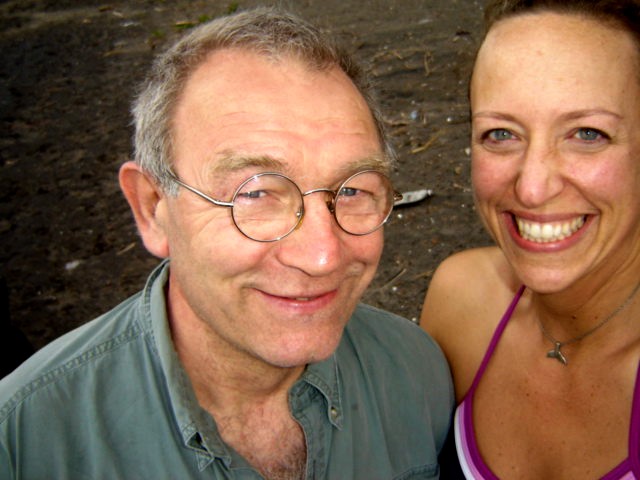
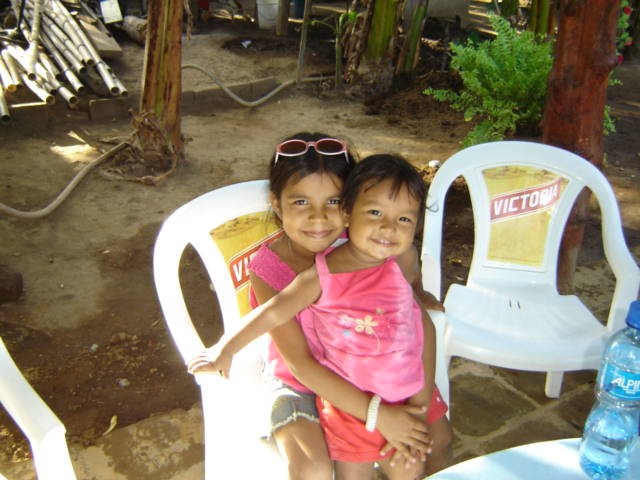

No comments:
Post a Comment